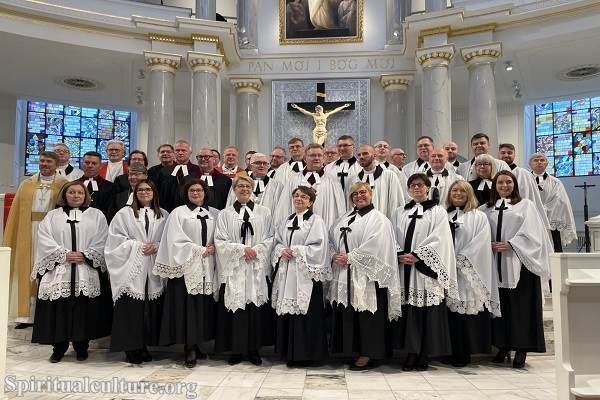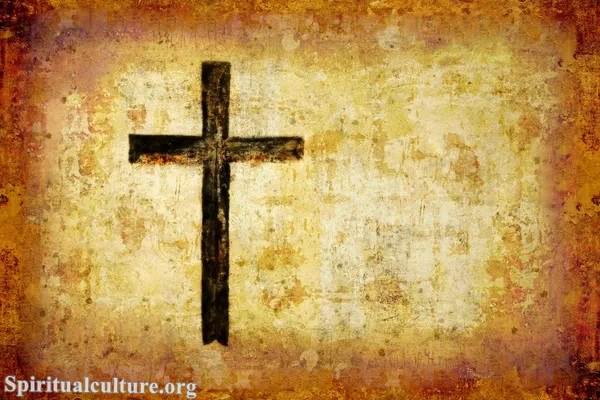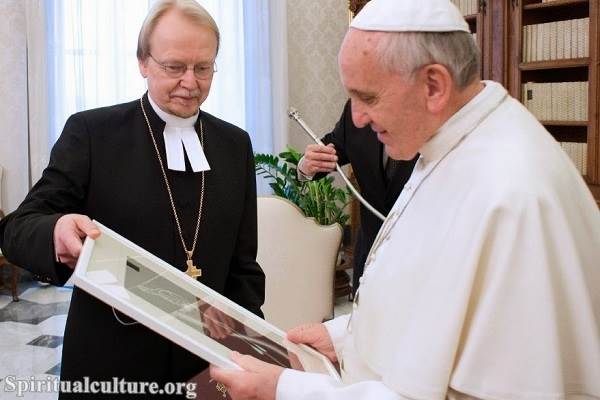It is based on the teachings of the Protestant Reformers, who sought to reform the Church and return to what they believed were the original principles of Christianity.
What is another name for Protestant?
Protestant is a term used to describe a person or group who belongs to a branch of Christianity that originated in the 16th century as a protest against certain practices and teachings of the Roman Catholic Church.
Some other names for Protestants include Evangelical, Reformed, and Non-Catholic. These terms all refer to Christian denominations that are not part of the Roman Catholic Church but are part of the wider Protestant tradition.
History of Protestantism
Protestantism is a form of Christianity that originated in the 16th century as a protest against the practices and teachings of the Roman Catholic Church.
The name “Protestant” comes from the protest that Martin Luther and other reformers against the Catholic Church at the Diet of Speyer in 1529 made.

The Protestant Reformation was a movement that began in the early 16th century and spread throughout Europe. It sought to reform the practices and teachings of the Roman Catholic Church and to bring a greater emphasis on the Bible and personal faith.
The main figures of the Protestant Reformation were Martin Luther, John Calvin, and Henry VIII. Martin Luther was a German monk and theologian who protested against the sale of indulgences. These documents promised to reduce the time a person would have to spend in purgatory after death. He also protested against the Catholic Church’s teachings on salvation and the role of the clergy.
John Calvin was a French theologian who developed the concept of predestination, which holds that God has predetermined who will be saved and who will be damned. Calvin also believed in the sovereignty of God and the importance of the Bible as the ultimate authority in matters of faith.
Henry VIII was the king of England who broke away from the Roman Catholic Church in the 1530s and established the Church of England. He did this to obtain a divorce from his first wife, Catherine of Aragon, whom the Pope had refused to annul.
The Protestant Reformation significantly impacted Europe and the rest of the world. It led to the formation of new Protestant denominations, such as the Lutheran Church and the Church of England. It also contributed to the development of modern democracy and religious tolerance.
Spread of Protestantism
The Protestant Reformation began in the early 16th century when Martin Luther, a German monk, published his Ninety-Five Theses, a document criticizing the Catholic Church’s sale of indulgences and other practices. This event is often seen as the beginning of the Protestant Reformation.
Luther’s ideas quickly spread throughout Europe, and other reformers, such as John Calvin and Huldrych Zwingli, also emerged with their interpretations of Protestantism. These reformers all rejected the authority of the pope and the Catholic Church, and they emphasized the importance of individual faith and the authority of the Bible.

Protestantism spread rapidly throughout Europe and beyond, particularly after the publication of the King James Version of the Bible in 1611.
The Protestant Reformation was a period of great upheaval in Europe, and the spread of Protestantism was closely tied to the political and social changes of the time. The main drivers of the Reformation were a desire for religious reform and a desire for greater political autonomy. Protestant ideas were embraced by many people who were unhappy with the corruption and abuses of the Catholic Church. They were also supported by many European monarchs who saw an opportunity to increase their power by breaking with the papacy.
The spread of Protestantism was facilitated by the invention of the printing press, which made it possible to produce and disseminate Protestant literature more widely. Protestant ideas were also spread through the efforts of missionaries, who traveled to new areas to spread the gospel.
The spread of Protestantism was closely tied to the political and social changes of the time. Many European monarchs saw an opportunity to increase their power by supporting Protestantism and breaking with the Catholic Church. The Protestant Reformation also led to the formation of new states in Europe, as Protestant rulers declared their independence from the Catholic Church.

In the centuries since the Protestant Reformation, Protestantism has continued to spread and evolve. Today, Protestantism is a major global religion with millions of followers worldwide. It is particularly prevalent in the United States, where it is the largest Christian denomination, and in Europe, where it has a strong presence in many countries.
Protestant denominations
A belief in salvation characterizes Protestantism through faith in Jesus Christ and the Bible as the ultimate authority in matters of faith and practice. Protestant denominations vary widely in their beliefs and practices. Still, many of them share certain core characteristics, such as a focus on the authority of the Bible, the priesthood of all believers, and the doctrine of justification by faith alone.
Some of the main Protestant denominations include:
Baptists
Baptists are a group of Christian denominations that strongly emphasize the authority of the Bible, the priesthood of all believers, and the importance of individual conversion and baptisms.
Baptists believe that salvation is achieved through faith in Jesus Christ and that believers should be baptized by immersion as a symbol of their commitment to God.
Methodists
The Methodist movement was founded by John Wesley in the 18th century and is characterized by a focus on social justice, personal holiness, and evangelism.
Methodists believe in the importance of grace and the authority of the Bible and practice the sacraments of baptism and holy communion.
Presbyterianism
Presbyterian churches are governed by a system of elders and are known for their emphasis on the sovereignty of God and the authority of the Bible.
Presbyterians believe in the importance of personal faith in Jesus Christ and participating in baptism and holy communion sacraments.
Lutheranism
The Lutheran tradition was founded by Martin Luther in the 16th century and is known for its emphasis on salvation through faith in Jesus Christ and the importance of the sacraments.
Lutherans believe in the doctrine of justification by faith alone and the importance of the Bible as the ultimate authority in matters of faith and practice.
Pentecostalism
Pentecostal churches are known for their emphasis on the gifts of the Holy Spirit, including speaking in tongues and healing.
Pentecostals believe in the importance of a personal relationship with Jesus Christ and the need for believers to be filled with the Holy Spirit to live a life of holiness and service to God.
Seventh-day Adventists
Seventh-day Adventists are known for their observance of the seventh-day Sabbath and their belief in the imminent return of Jesus.
Seventh-day Adventists strongly emphasize healthy, balanced lifestyles and believe in sharing the gospel with others.


